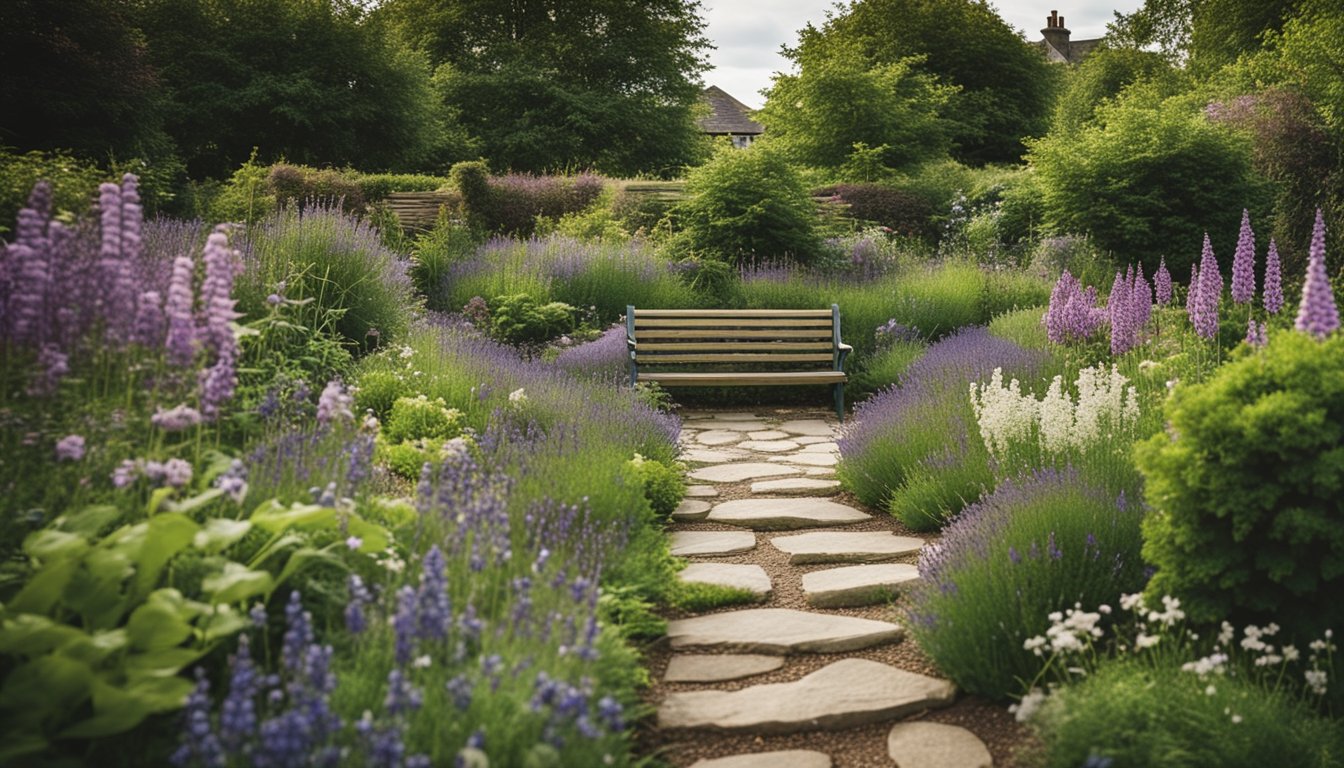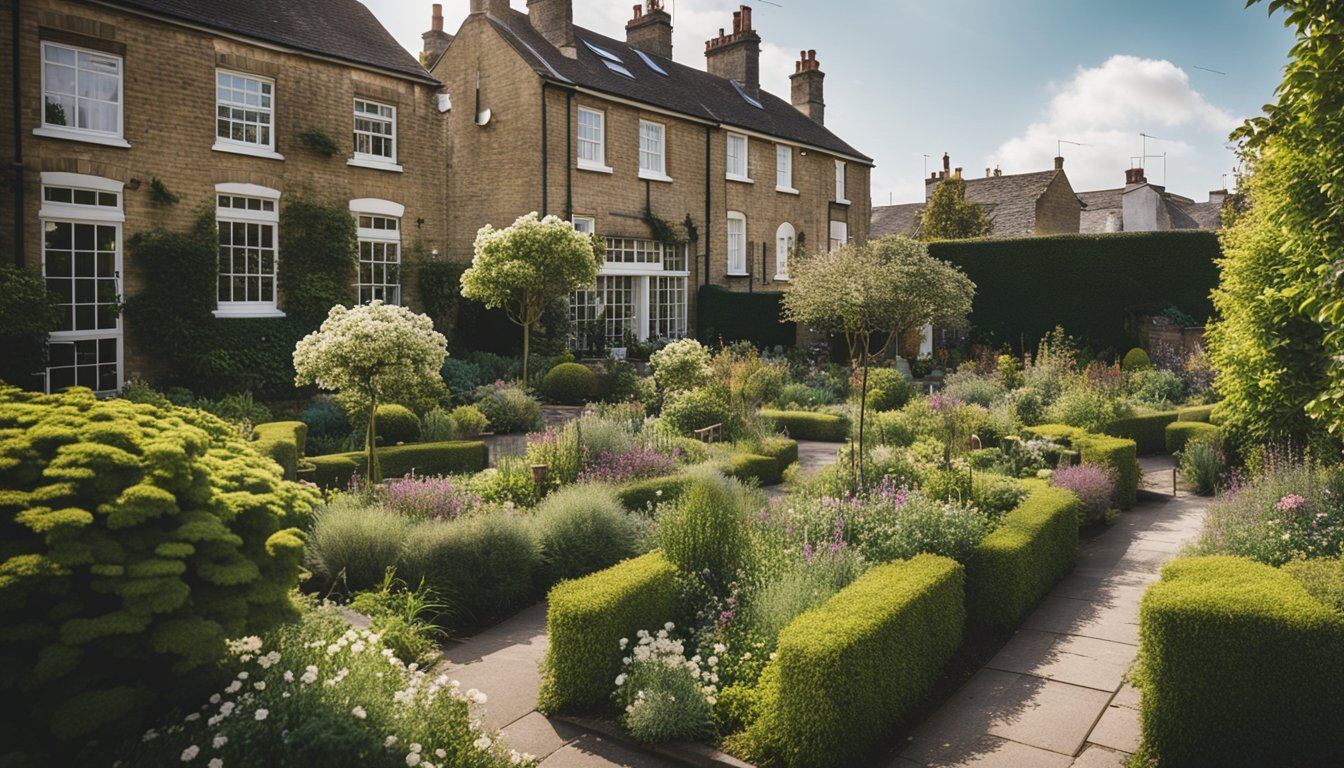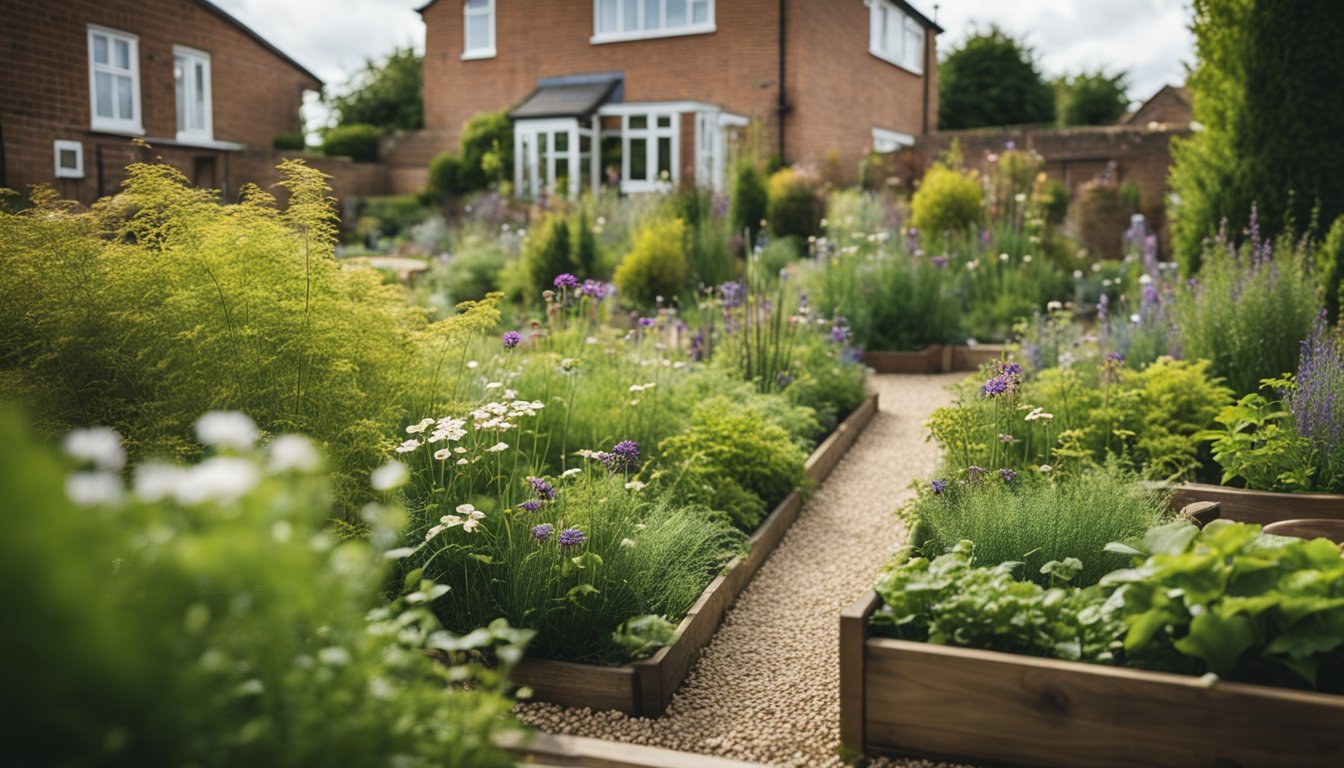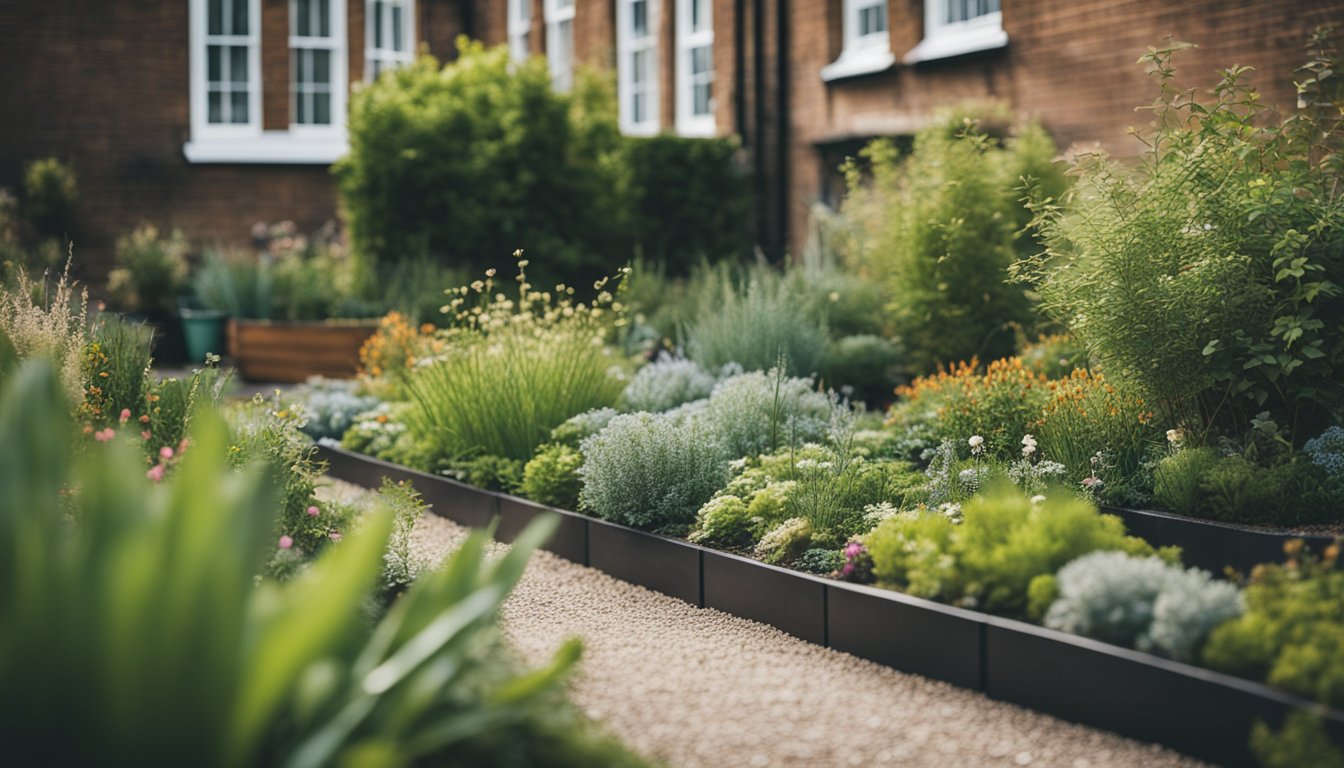Late updated: 03 Jan 2025 09:01
Written by: Emily Thornton
Top Native UK Plants For Small Urban Gardens: Essential Picks
As urban areas expand, creating a lush, green oasis in a small garden can significantly boost your well-being and support local wildlife. With limited space, choosing native UK plants that thrive in these environments is essential. Selecting the right plants ensures vibrant growth, enhances biodiversity, and mitigates climate change effects.

Native shrubs and trees, like the dog rose or honeysuckle, offer visual appeal and ecological benefits. These plants attract pollinators like bees and butterflies while providing habitats for other species. Native species are often well-suited to local soil and climate conditions, making them low-maintenance options for urban gardeners aiming to support their local ecosystems.
Planting native flora contributes not only to the garden's aesthetic but also to the larger urban environment. They help combat the effects of urbanisation by purifying the air and absorbing rainwater, thus reducing flood risks. As we explore these options, we'll discover why choosing native plants is a rewarding decision for both the gardener and the environment.
Key Takeaways
- Native plants suit small urban gardens well.
- They support biodiversity and local wildlife.
- Choosing them helps combat climate change.
Choosing Native Trees and Shrubs

When selecting plants for small urban gardens, native trees and shrubs offer numerous advantages. They enhance biodiversity, support wildlife, and contribute to the beauty and sustainability of these spaces.
Benefits of Native Trees in Urban Spaces
Native trees are indispensable in creating sustainable urban gardens. They provide habitat and food for local wildlife, including birds and pollinators. By adapting well to local climate conditions, native trees reduce the need for intensive maintenance.
Trees like English Oak and Silver Birch are excellent for increasing biodiversity. They create a balanced ecosystem that supports a wide range of species. Native trees also contribute to air purification and aid in combating climate change, making them beneficial choices for urban gardeners.
Selecting Trees for Smaller Gardens
Selecting the right tree for a compact garden involves considering the tree's height, spread, and growth rate. Small trees such as the Crab Apple, Rowan, and Field Maple are ideal.
Wild Cherry provides beautiful spring blossoms, while Hornbeam offers attractive autumn foliage. We must focus on choosing species that fit the scale of the garden to ensure they thrive without overshadowing other plants. Balancing aesthetics with space considerations is key in this selection process.
Choosing Shrubs for Year-Round Interest
Shrubs introduce texture, colour, and structure to gardens throughout the year. Hazel and Dogwood are admired for their vibrant stems and are valuable in hedging. Meanwhile, Dog Rose offers lovely flowers in spring. The Guelder Rose is known for autumn berries and stunning leaf colours.
Easily manageable in size, shrubs such as Holly and Juniper provide winter interest and are excellent for supporting birds. The Spindle and Strawberry Tree add unique textures, making them appealing options for a diverse garden. By choosing a combination of native shrubs, small urban gardens can remain engaging across all seasons.
Supporting Local Wildlife and Ecosystems

Incorporating native UK plants into a garden can significantly benefit local wildlife. Plants like hedging and native shrubs provide essential habitats, while a selection of native flora attracts vital pollinators. Below, we explore ways to enhance these ecological interactions.
Creating Habitats with Hedging and Shrubs
Using native hedging and shrubs, such as Hawthorn, Blackthorn, and Hazel, creates thriving habitats. These plants offer crucial nesting spaces and shelter for various wildlife species. The dense branches of Hawthorn support birds like robins and sparrows, while the prickly Blackthorn serves as a refuge and a food source.
Rowan Tree and Field Rose enrich the garden's biodiversity. The berries of the Rowan attract birds, while the flowers of the Field Rose provide cover for insects. Native shrubs contribute to natural pest control by attracting predatory insects that manage garden pests, promoting ecological balance.
Attracting Pollinators with Native Flora
Native plants such as the Crab Apple and the Silver Birch are excellent for attracting insects like bees and butterflies. These plants provide indispensable nectar sources that sustain pollinators throughout their lifecycle. The Crab Apple blossoms in spring, offering an early food supply, while the Silver Birch attracts caterpillars, supporting bird populations.
In addition to these trees, flowering plants like the Field Rose enhance the garden's value as a sanctuary for pollinators. By including a mix of these native species, we can ensure our gardens are a haven for wildlife year-round, promoting strong ecosystem connections. With a thoughtful selection of flora, it's possible to foster vibrant biodiversity even in small urban spaces.
Frequently Asked Questions

We've gathered some insights on selecting the right native plants for small urban gardens in the UK, ensuring they fit well into compact spaces while enhancing garden beauty and supporting local wildlife.
What are the top evergreen plants suitable for small urban gardens in the UK?
Evergreen plants that fit well in small urban gardens include the hardy Buxus sempervirens (Boxwood) and the versatile Ilex aquifolium (Holly). These plants provide year-round greenery and structure to garden spaces.
Which small garden trees can provide privacy in an urban setting?
Small trees like the Amelanchier lamarckii (Juneberry) and the Crataegus monogyna (Hawthorn) can offer privacy while fitting comfortably in tight spaces. Their dense foliage makes them ideal for creating a natural screen.
Can you list British shrubs that thrive in compact spaces?
British shrubs such as the Rosa canina (Dog Rose) and the Cornus sanguinea (Dogwood) are excellent for small gardens. They are renowned for their flowers and vibrant colours while remaining manageable in size.
Which British plants and flowers are ideal for small urban gardens?
Primula vulgaris (Primrose) and Campanula rotundifolia (Harebell) are wonderful choices for adding colour and charm in restricted spaces. These native flowers attract pollinators, enriching urban biodiversity.
What are the best small trees to attract wildlife in limited spaces?
For those seeking to support wildlife, the Prunus avium (Wild Cherry) and Betula pendula (Silver Birch) are top picks. These trees offer food and habitats for birds and insects, contributing positively to local ecosystems.
How should one choose native trees for small UK gardens?
When choosing native trees, consider the space available, soil type, and the tree's growth habit. Opt for species that suit your garden's microclimate and aim for diversity to support a range of wildlife.
